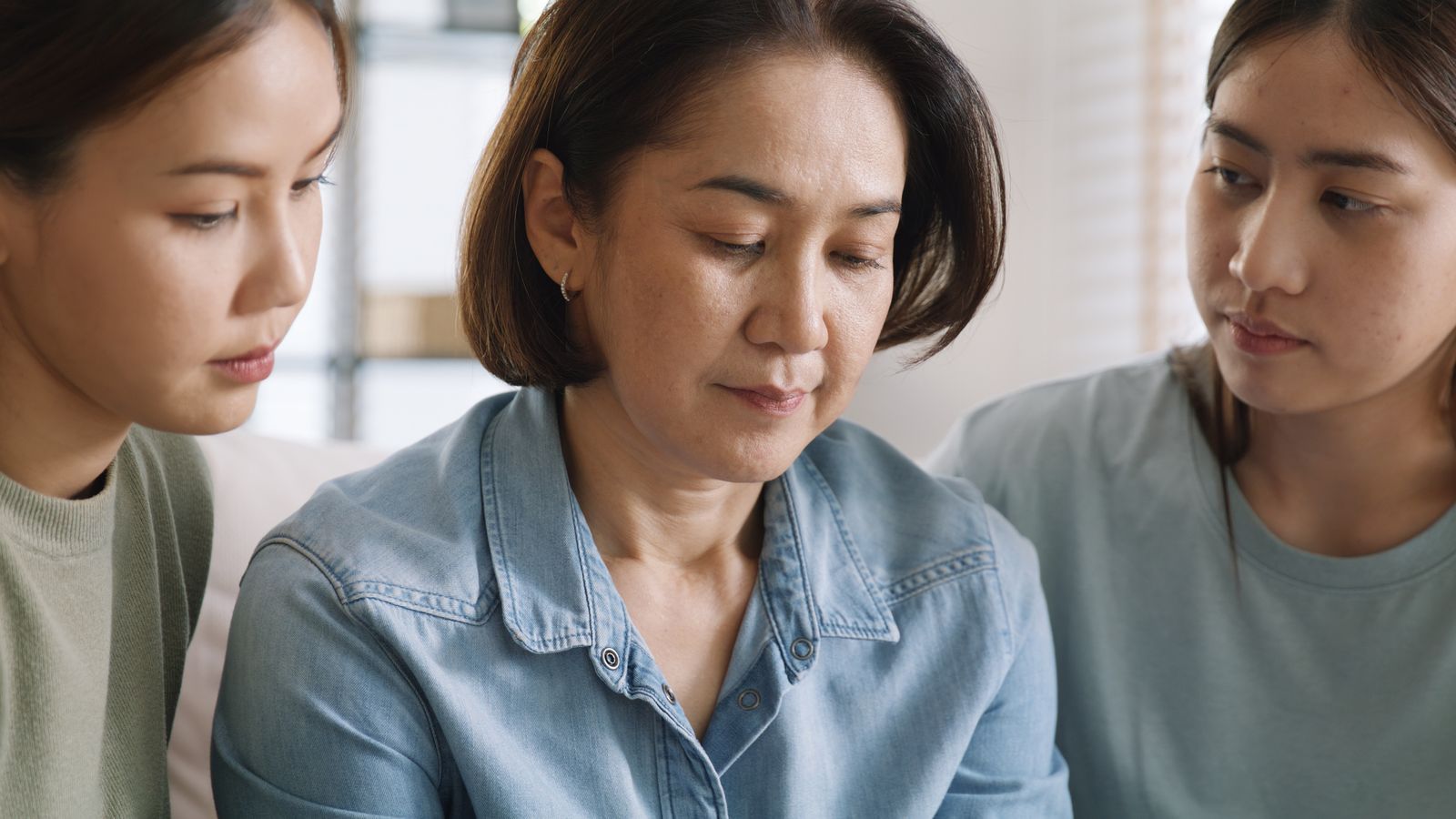Prof. Hahm & Colleagues Share First-Hand Experiences of Asian American Women Survivors of Discrimination During COVID-19

Since the start of the COVID-19 pandemic, racial discrimination against Asian American (AA) women has shifted from microaggressions to direct verbal and physical violence. While recent quantitative studies have researched how this trend is affecting the AA community, there’s been a lack of open-ended qualitative studies to understand unique AA mental health needs post-pandemic. Prof. Hyeouk Chris Hahm from BU School of Social Work co-authored the first qualitative study on the impact of COVID-19 discrimination on the emotions, behavior, and general well-being of exclusively AA women. “This study allows for flexible participant engagement, deepening our understanding of racial discrimination’s anticipated and unanticipated impacts,” say the authors. The research uncovered systemic opportunities to better support AA women.
Overt Discrimination During the COVID-19 Lockdown
While “microaggressions,” or covert discrimination, continued during the COVID-19 lockdown, AA women also reported experiencing more overt, aggressive, and violent discrimination, such as:
- Racial slurs
- Contemptuous comments that included racial stereotypes
- Being followed by a car
- Being called “dirty”
- Being accused of having the “China virus”
“Participants also reported that other people physically distanced themselves farther than the amount recommended by public health authorities,” say the authors, “which made them feel as if they were sick or as though they were the virus itself.”
Racial Identity’s Impact on Emotional & Behavioral Side Effects
In addition to feeling the hopelessness, worry, sadness, and frustration noted in previous quantitative research, this study captured the participants’ fear, anger, and disappointment in American society. However, the rise in discrimination affected more than AA women’s emotional health; it changed how they behaved. “It is particularly noteworthy that AA women restricted their grocery shopping to Asian grocery stores,” the authors explain, “which indicates that AA communities may voluntarily segregate from other racial groups and mainly interact with other Asians to avoid discrimination.”
One of the biggest indicators of whether a survivor limited socializing with others was how strongly they connected with their Asian American identity. Women who had a stronger sense of racial identity were 30% less likely to report limiting their social activities. “These findings support previous research that racial identity mediates the relationship between perceived discrimination and mental health and well-being,” say the authors.
Recommended Programs
The authors recommend more opportunities for allyship, solidarity, and advocacy as key ways to support AA women’s mental health and prevent discrimination in the future. They point to more than a dozen states that require ethnic studies in public high schools, such as African American history, as one example of systemic advocacy. “Such initiatives can promote understanding and respect among different racial groups, ultimately reducing anti-Asian violence against AAs.”
“COVID-19-Related Racial Discrimination during Lockdown and Its Impact on Asian American Women” was co-authored by Mina Lee from Binghamton University, In Young Park from Boston College, Michael Park from Rutgers University, and Phuong Khanh Tran and Yvette C. Cozier from Boston University. It was published in the International Journal of Environmental Research and Public Health.